It’s been more than three weeks since I received an early-morning telephone call on March 11 from a concerned cousin, calling to make sure I wasn’t in Japan. I shrugged it off, having heard of an earthquake that had caused minor damage a few days before and knowing that Japan is continuously shaken by tremors and quakes. I then checked my computer (I don’t have cable TV so rarely use that as a news source) and saw a video of a massive tsunami rolling across fields near Sendai and then replayed it over and over again in disbelief. I read that there were about 300 confirmed dead and that the quake had rocked Tokyo 200 miles away, disrupting train and cellular service. Convinced that Tokyo had survived relatively unscathed, I shot emails to Tokyo friends asking whether they were ok, looked at possible flights to Tokyo in preparation of updating Frommer’s Tokyo and sent an email to my publisher stating that despite the destruction around Sendai, I planned to go ahead with my itinerary to depart for Tokyo in two weeks.
The next day I heard back from several friends. Debs wrote, “We felt it plenty here in Tokyo–worst I’ve felt in 25 years, for sure; I literally saw my cupboards burst open and glass fly out and break all over the place! Then we started drinking, pretty much immediately…..There have been aftershocks all day….March 25th sounds great for your arrival.”
From my friend Junko, who works as a tour guide: “I took my clients to Ginza by walking and found many stores were closing because no elevators were working. Since no public transportation was running, I had no choice but to walk home. It took me three hours….I agree with you that it is ok to upate Tokyo now as we do not have any damage….”
Though clearly rattled by the earthquake and fearful because of powerful aftershocks, they and others confirmed that Tokyo had escaped relatively unscathed and that everything would be back to normal by the time I arrived.
From that point on, everything seemed to go to hell.
I saw my first TV footage of the tsunami later that day at a friend’s house, stunned by what I saw, overwhelmed by the images of towns being swept away, knowing that not everyone could have had time to get away. As the author of Frommer’s Japan for more than 25 years, I’ve often traveled through the Sendai area, mostly to the picturesque coastal town of Matsushima, just 50 minutes by ferry from Sendai. It didn’t seem possible that Matsushima could have been spared. Although only a few hundred people were confirmed dead from the disaster, I told my friend I expected the death toll to be between 20,000 and 30,000.
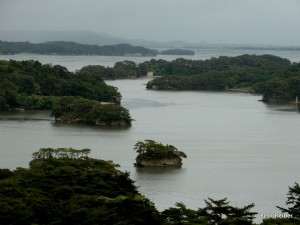
In the coming days, we all saw news from the stricken area that was absolutely heartbreaking. There was the anguished firefighter, who, when the tsunami warning sirens had gone off, left his family to help where needed, only to find his whole family gone by the time he made it back and crying that he shouldn’t have left them. There was the grandfather who went back to his home to retrieve photographs of his grandchildren; he was never seen again. There were people wandering in a daze, searching piles of rubble that had once been homes, calling out the names of sons, daughters, grandchildren, parents. The wasteland of debris was so massive and so shocking, it seemed like a war zone impossible to ever erase.
And despite the grim situation in the shelters that had been set up for the newly homeless, with no running water, no heat and no electricity, I knew the Japanese would be thoughtful, patient and orderly (in fact, the possibility of crime or looting never even crossed my mind). One news report showed that despite the mounds of destruction surrounding them, people in a shelter had dutifully set up bags for recycling.
But all this was overshadowed by what came next: the unraveling of the Fukushima nuclear power station 150 miles north of Tokyo. First there were the evacuations near the plant, then there were rolling power outages in Tokyo to conserve energy, then there was the exodus of thousands of expatriates and Tokyoites to the south or out of the country, leaving the capital eerily quiet and only a shadow of its usually neon-lit bustling self. And finally there was the growing fear of radiation and contamination, with no end in sight.
I have to say I am not surprised that failings at Fukushima were shielded from the public for far too long—Japanese authorities have never been known for transparency (the Japanese are averse to declaring bad news; even the dying are never told that their situation is hopeless). But I was particularly dismayed that more than 300,000 people—many of them elderly—who had suffered the unimaginable loss of homes and loved ones were still languishing in evacuation centers a week later, short of food, water, fuel and medicine. The Japanese bathe more than any people I have ever seen; the fact that these refugees had been deprived of one of their greatest comforts seemed doubly cruel.
As for my friends in Tokyo, subsequent emails gave voice voice to their growing concerns and fears. My friend Debs, who had left Tokyo days earlier amid growing concerns over the Fukushima power plant, wrote on March 17: “I am learning to write emails while simultaneously weeping…..Let us all hope and pray that things calm down. Meanwhile, I bought a ticket out of Osaka on Monday (the earliest available flight—they are FULLY BOOKED, as are the hotels).”
On March 20, Junko, who admitted that nervousness had prevented her from boarding a train since March 11, wrote that “many foreigners living in Tokyo have left Japan and are moving their offices/shops to southern part of Japan…Tokyo seems so quiet anywhere I go. I still feel frequent earthquakes in Tokyo and our fear for the crisis about the nuclear power plants is not over yet….Sometimes I feel that the history of Tokyo as a capital may end and [sic] goes to Osaka.”
Needless to say, I never bought my plane ticket to Tokyo. I am still in mourning; it is almost like someone in my family has died.
I am waiting. Waiting to see what happens in Fukushima. Waiting to see when power might be fully restored in and around Tokyo (there are fears now of summer power shortages due to air conditioning needs), waiting for the stores, restaurants and museums that I write about to return to normal open hours, waiting for “normalcy” in a metropolis I never before thought of as exactly normal (which is why I love it).
Of course I am worried about future earthquakes. There’s not a time I have traveled to Japan that I wasn’t. After all, I cover a country that has been plagued by earthquakes from the beginning of time. Never far from my mind is the 1923 earthquake in Tokyo that claimed an unimaginable 100,000 lives. I covered Kobe before and after its earthquake that killed more than 6,500 people. So when Tokyo is up and running, I will return; it deserves no less. And I’m still convinced there is no country better prepared for earthquakes than Japan; the tsunami was a disaster no one could have foretold.
As for Frommer’s Japan, I’d been planning to start traveling the rest of the country in June, but now my publisher wants to wait to see what happens. I suppose that’s prudent—after all, no publisher wants to publish a book no one will buy—but eventually Japan will be ready to embrace tourism again and it will need all the overseas visitors it can get. Since its economic bubble burst in 1992, small businesses in Japan—from inns to shops to restaurants—have become increasingly dependent on international travelers. It’s now estimated that the combined quake and tsunami might be the world’s most expensive natural disaster on record, with $310 billion in damages.
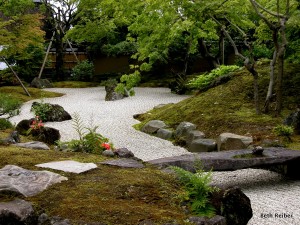
Sadly, Japan was in the midst of its VISIT JAPAN Campaign when the disaster struck, launched with the express goal of attracting 11 million overseas visitors in 2011 and 30 million by 2020. A few days after the earthquake, I received a small package from the Japan Tourism Agency, mailed just before the earthquake. It contained my new business cards declaring me a VISIT JAPAN Ambassador and a letter saying “We trust that you will continue your efforts toward making the ‘VISIT JAPAN Project’ as a success.” It was a bittersweet and poignant reminder of just how quickly everything can change.
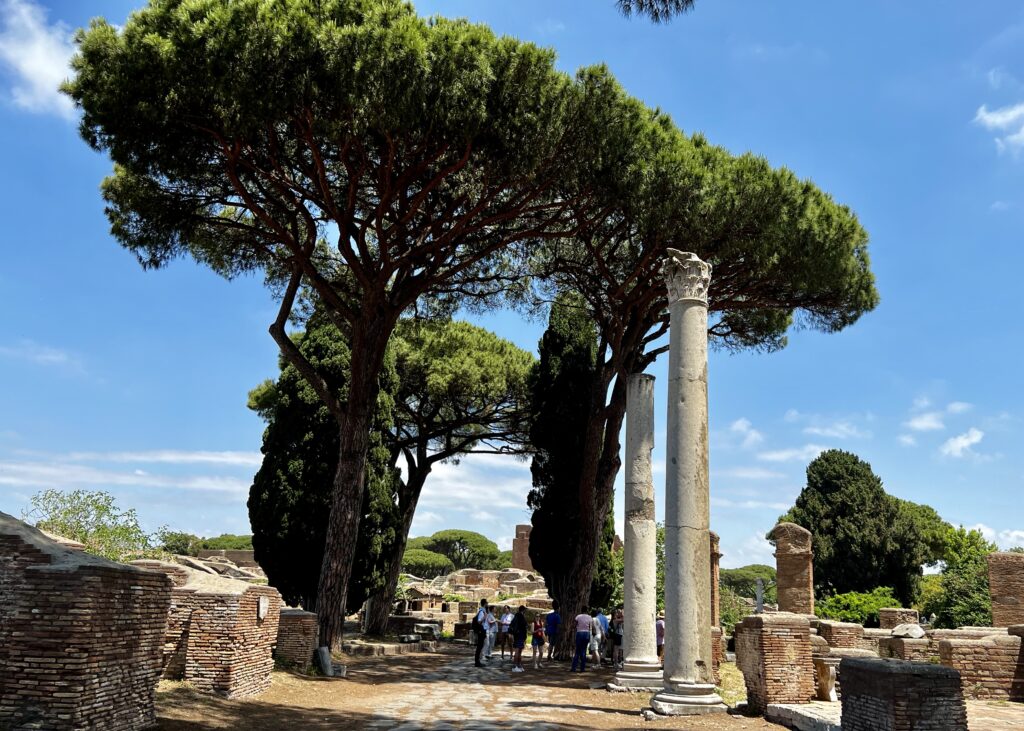
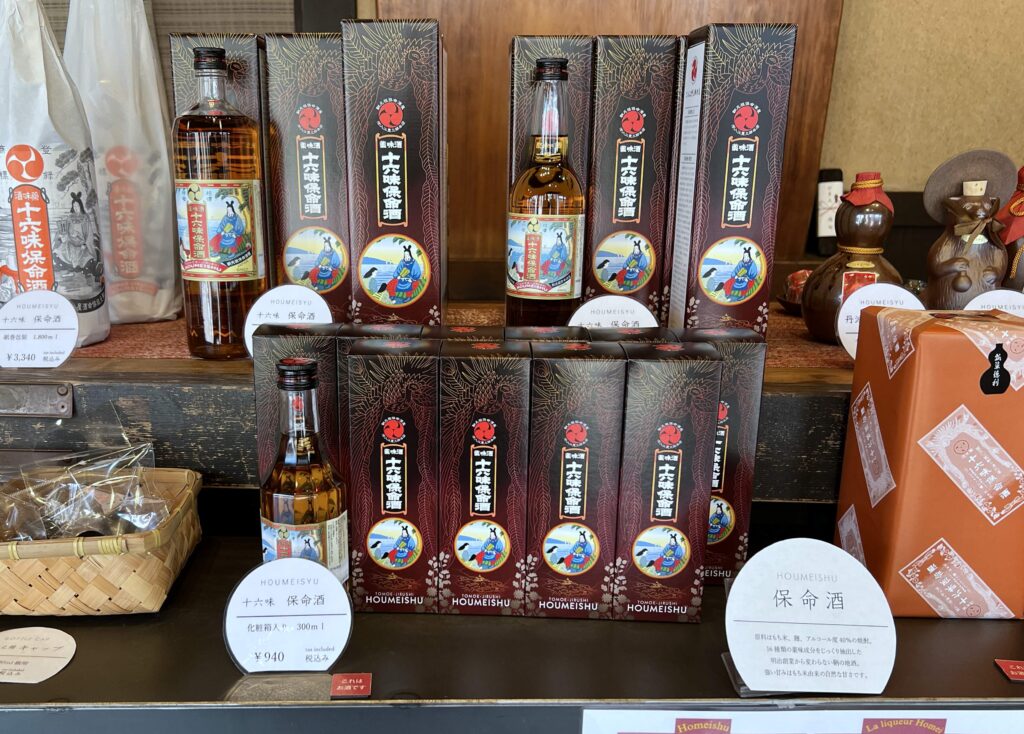
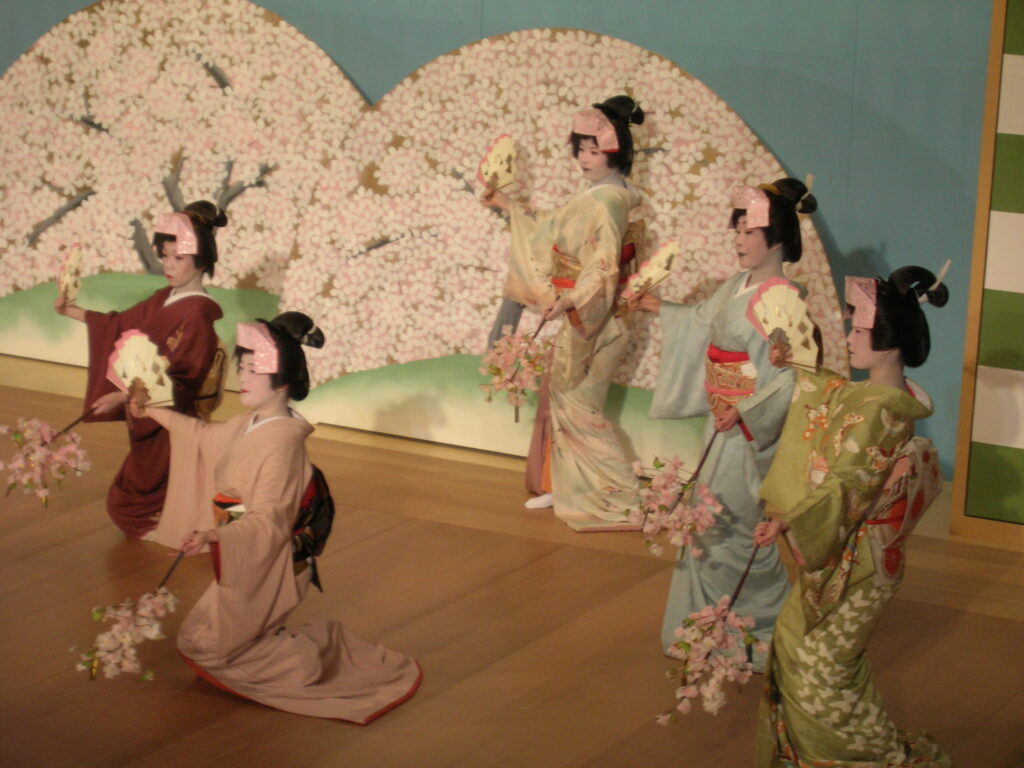
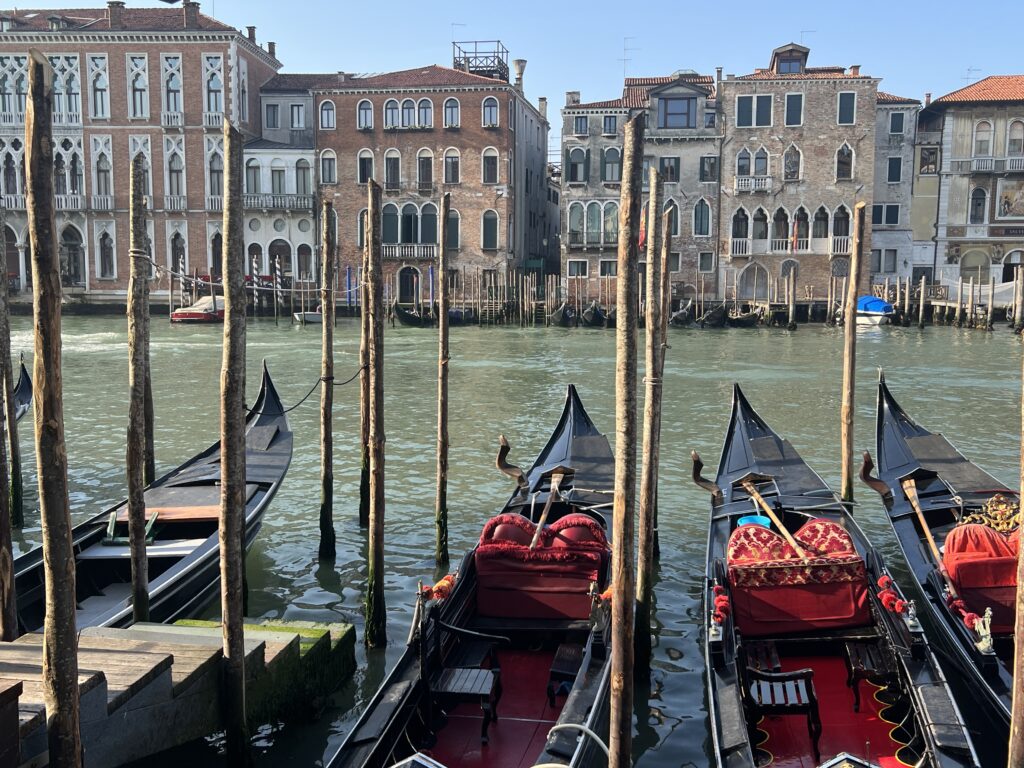
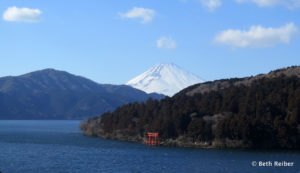
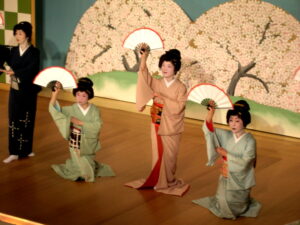
Thank you very much! I only recently started this website, so it’s nice to know someone is actually reading it.